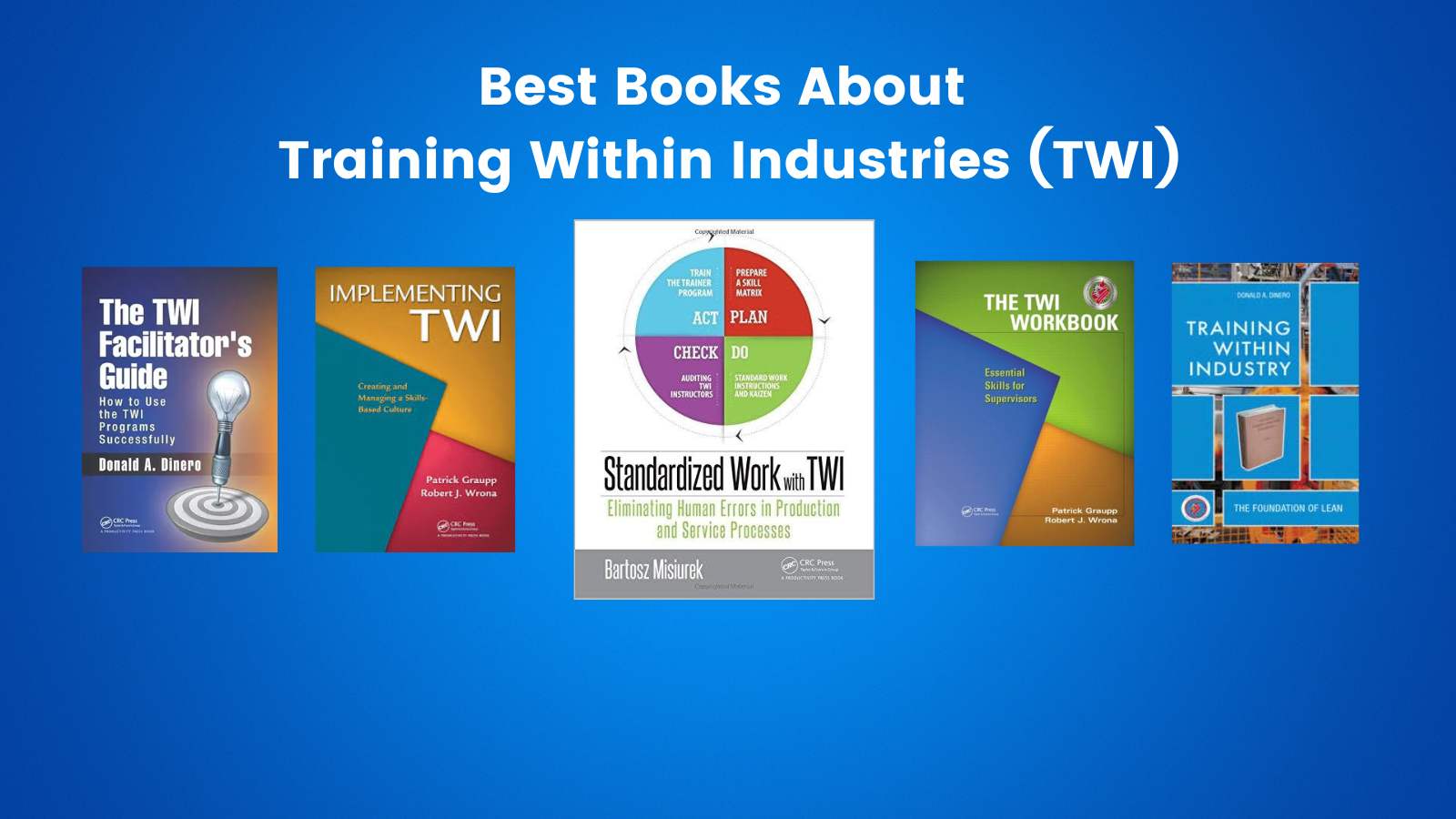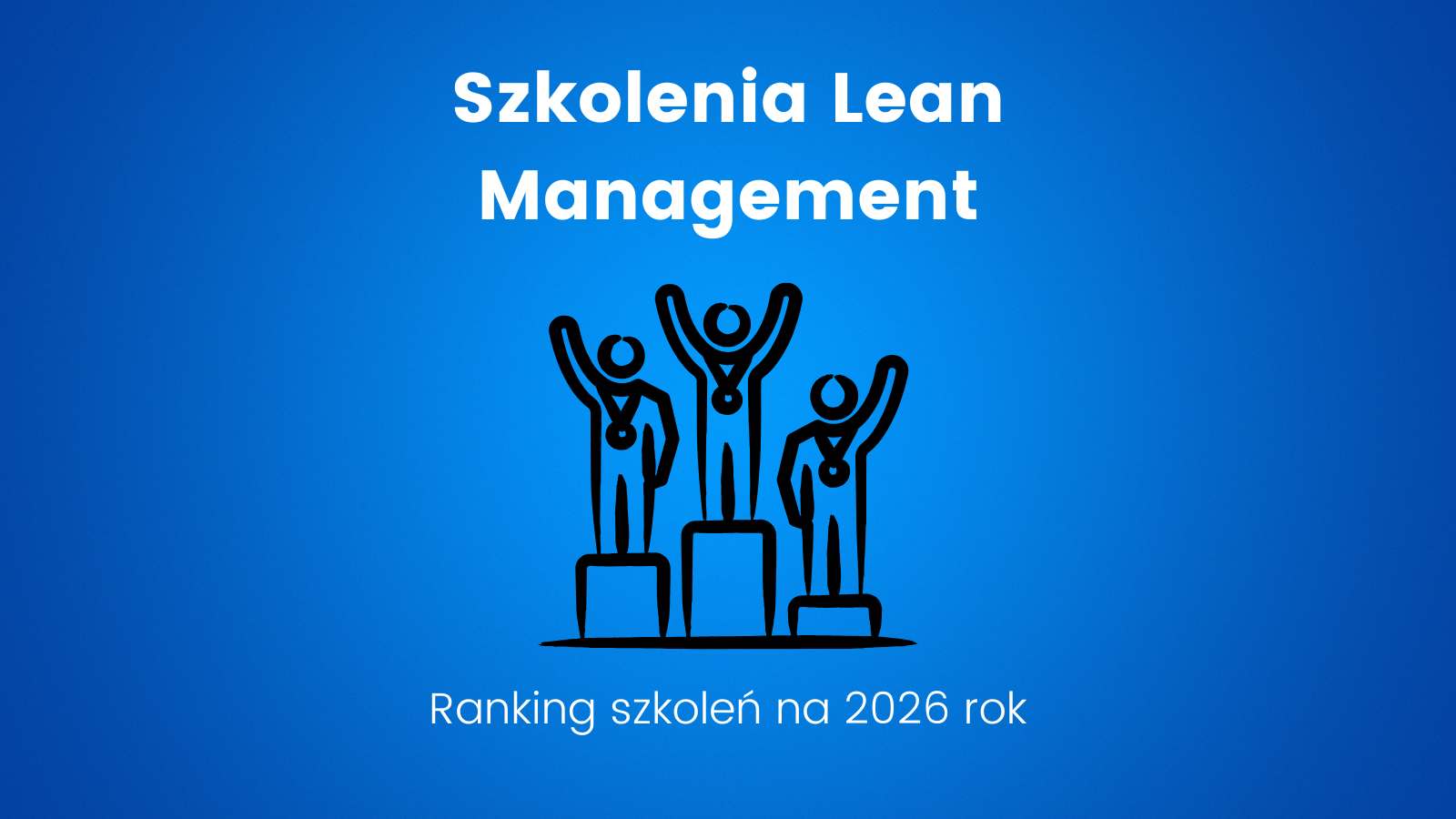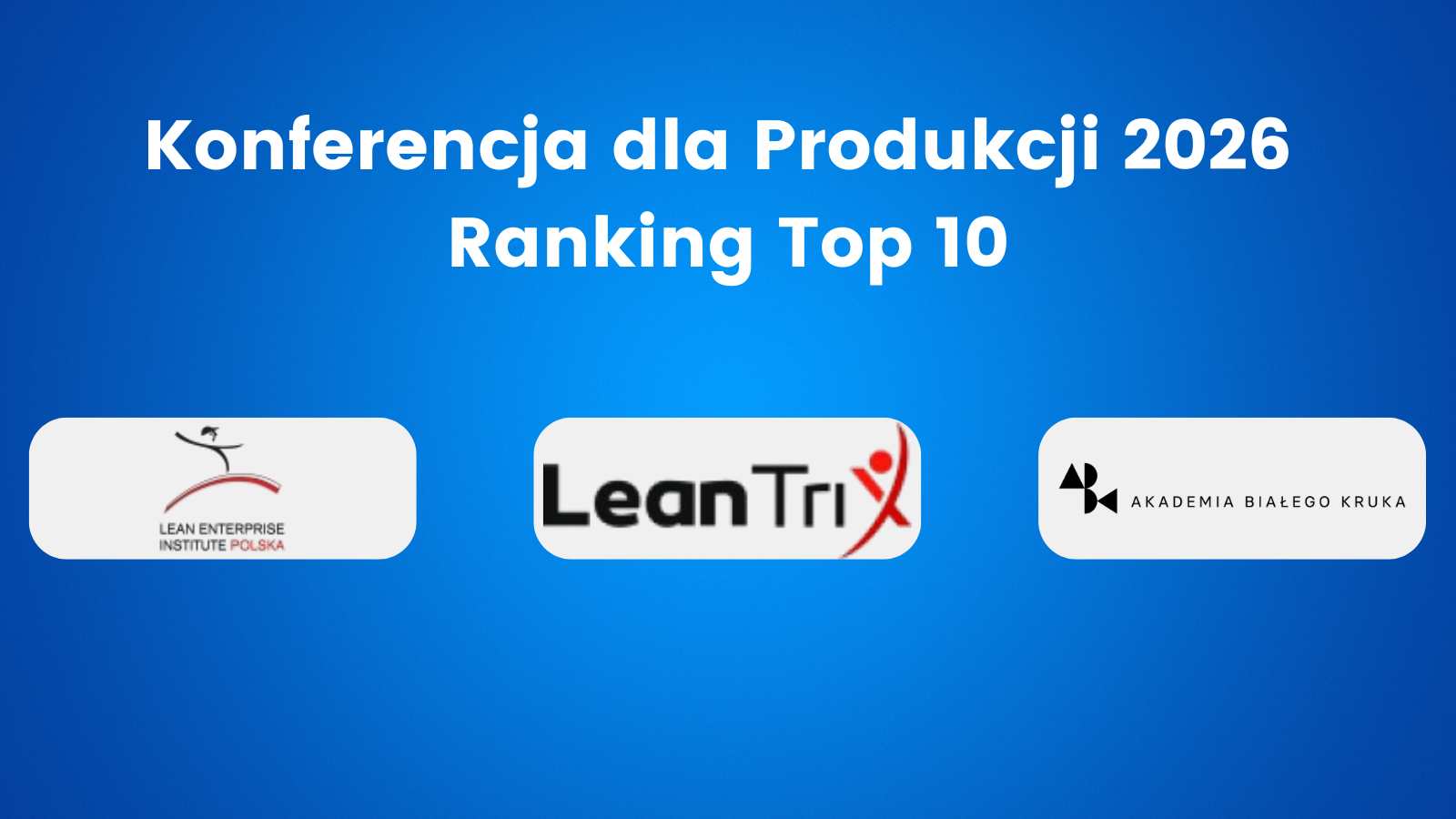Networking for organizational change. Understanding the dynamics of change is more critical than ever. Central to this understanding is recognizing the role that interpersonal relationships and trust play in driving successful transformations. This discussion delves into the foundational elements of trust, such as credibility, consistency, selflessness, and intimacy, and explores how these factors interplay to facilitate effective change. Moreover, it highlights the often underappreciated aspect of networking in building these crucial relationships.
Table of Contents
ToggleThe Foundation of Change – Networking
Change revolves around individuals. Gaining and maintaining people’s trust is essential for successful change. This trust is built on credibility, consistency, and selflessness, but the significance of closeness or personal connection cannot be overlooked. In my experiences, I often talk about the right ways to set up processes (credibility), the importance of keeping promises (consistency), and the value of modesty (selflessness). Yet, the element of closeness or personal connection (intimacy) doesn’t always get the attention it deserves in conversations about change. The analysis and involvement of stakeholders are commonly discussed, typically in the context of processes (credibility). But how do I foster collaboration for effective change outside of my direct team or past colleagues? I’ve realized the importance of actively networking. To me, networking can sometimes feel forced or unnatural. However, I’ve also noticed that most people are willing to assist me if it’s easy for them to do so.
Overcoming Networking Challenges
So, what are the obstacles? Challenges to networking include finding time for casual meetings, mixing professional discussions with personal conversations, and my difficulty in clearly stating the help I need, among others. Whenever I’ve made an effort to reach out, expand my network, and increase familiarity, I’ve found that trust significantly enhances the success of the changes I aim to implement. If you’re interested in learning more about networking, I’m eager to hear your thoughts. What have you discovered that helps to build stronger connections or “intimacy”?
In Conclusion
Networking for organizational change. Navigating the complexities of change requires more than just strategic planning and execution; it demands a deep understanding and cultivation of trust through personal connections. As we have explored, building this trust hinges not just on credibility, consistency, and selflessness, but significantly on intimacy and effective networking. Embracing these elements can transform the challenges of change into opportunities for growth and collaboration. As we move forward, let us prioritize these interpersonal aspects to foster environments where change is not just possible but embraced with enthusiasm and confidence.
Positive improvement consultancy. Every business should improve every day, TSR makes changing easier & quicker through proven approach to process, product & people issues, improving operating costs to best in class. Typically, 20% improvement in operational measures delivered within 90 days will drive over 10% positive change in costs. TSR - Transform & Sustain Results.
Specialties:
- Communication of Improvement Concepts at all levels of business
- Influencing Business Process Change
- Negotiations regarding implications of Business Process Change
- Delivering Business Process Change within Manufacturing & related Transactional areas (S&OP, Logistics, Warehousing & Office)







